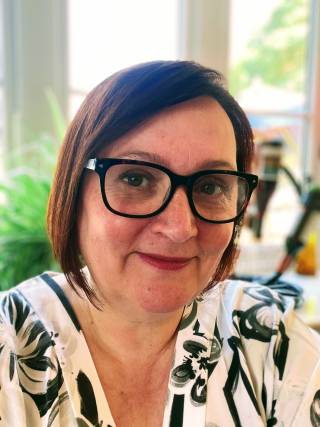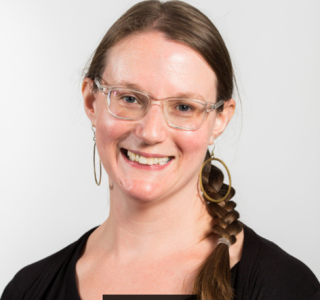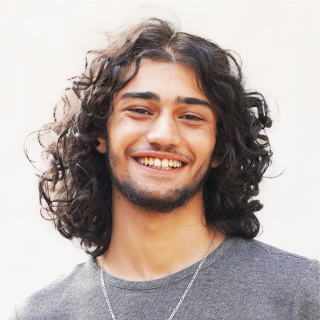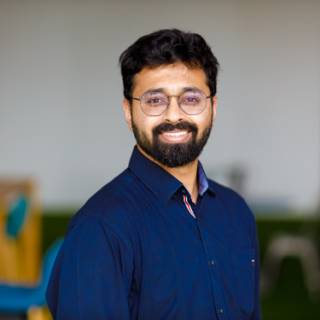International Day of Persons with Disabilities Conference 2023
01 December 2023, 2:00 pm–4:00 pm

Join UCL Student Support and Wellbeing on Friday 1 December 2023 to celebrate International Day of Persons with Disabilities.
This event is free.
Event Information
Open to
- All
Availability
- Yes
Cost
- Free
Organiser
-
Student Support and Wellbeing
Joining the webinar
Please join the webinar on Zoom shortly before 2pm on Friday 1st December 2023.
Presentation schedule
Helen and Tor from Eugenics Legacy Education Projects (ELEP)
In this presentation we will reflect on the role of higher education, especially UCL, in confronting and addressing eugenics ideologies. Helen and Tor will argue that educators need to consider the past, present, and future manifestations of eugenics in order to challenge ableist norms about educational excellence. Helen and Tor will share some examples of teaching at UCL that is developing anti-ableist content and ask questions about the ongoing challenges for educators working with students with and without disabilities in diverse classrooms.
Ahmad from UCL Student's Union
This presentation will focus on expanding the student-led E&I work beyond the SU and developing societies' involvement in making our campus more inclusive.
Tigmanshu from Global Disability Innovation (GDI) Hub
Focusing on innovation and disability, this presentation will explore how the GDI Hub are working towards elegant solutions to disability problems. Tigmanshu will highlight the current lack of affordable and essential assistive technologies. Then, he will turn our attention towards existing technologies, resources, basic and applied research as the means by which we can improve equality, economic growth and the wellbeing of people living with disabilities.
Accessibility
This event will have a BSL interpreter, as well as live captioning overlays. A subtitled version of the recording will be made available soon after the event has taken place. If you have any concerns or accessibility requirements, please email us at ssw-comms@ucl.ac.uk.
About the Speakers
Helen Knowler and Tor Wright
Following the publication of the Eugenics Inquiry Response Group Report in 2021, the Eugenics Legacy Education Project (ELEP) team was established (September 2022).

She specialises in developing inclusive approaches to teaching and learning related to controversial or problematic issues.
She has also published widely on exclusionary practices in a range of education contexts.

She has worked in secondary and higher education is a variety of roles and joined UCL in 2016.
ELEP aim to embed visibility and awareness of UCL’s history of eugenics across the organisation and actively engage with UCL’s eugenics legacy in relevant educational activities. The project also aims to understand and address the ongoing consequences of eugenics thinking today and incorporate this into inclusive teaching and learning activities where relevant, and develop knowledge and critical thinking skills so that they might use their learning for working with other difficult and/or sensitive curriculum areas.
Ahmad Ismail

Ahmad works closely with, supports and is accountable to Union's Liberation Networks Officers: the BME Students', Disabled Students', LGBTQ+ Trans and Women's Officer to champion their work, ensuring that networks are thriving, active, welcoming and democratic communities.
Ahmad's priorities are to expand student-led E&I work beyond the SU and onto the departmental level, develop societies' involvement in making our campus more inclusive through increasing on-campus presence and growing celebratory programmes, and navigate trans inclusivity work, implementation, and assessment post-stonewall.
Tigmanshu Bhatnagar

Tigmanshu's work explores new ways to facilitate user-centred design and development for assistive technology innovations. A recent winner of the Innovation of the Year at the Engineering Talent Awards, Tigi's development of a new, refreshable tactile technology 'Tacilia' aims to allow children who are blind or have partial sight to be better able to engage with Science, Technology, Engineering, Arts and Maths (STEAM) education.
By creating multiline, reconfigurable tactile interface, children are able to read books, explore shape and learn to make senses of visual information such as graphs and charts.
 Close
Close

